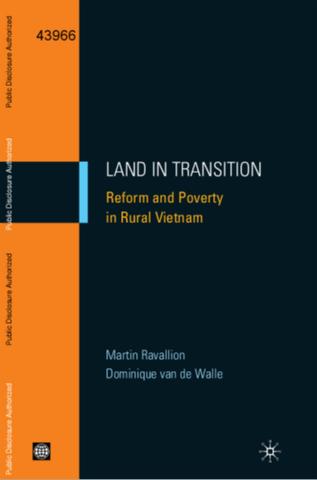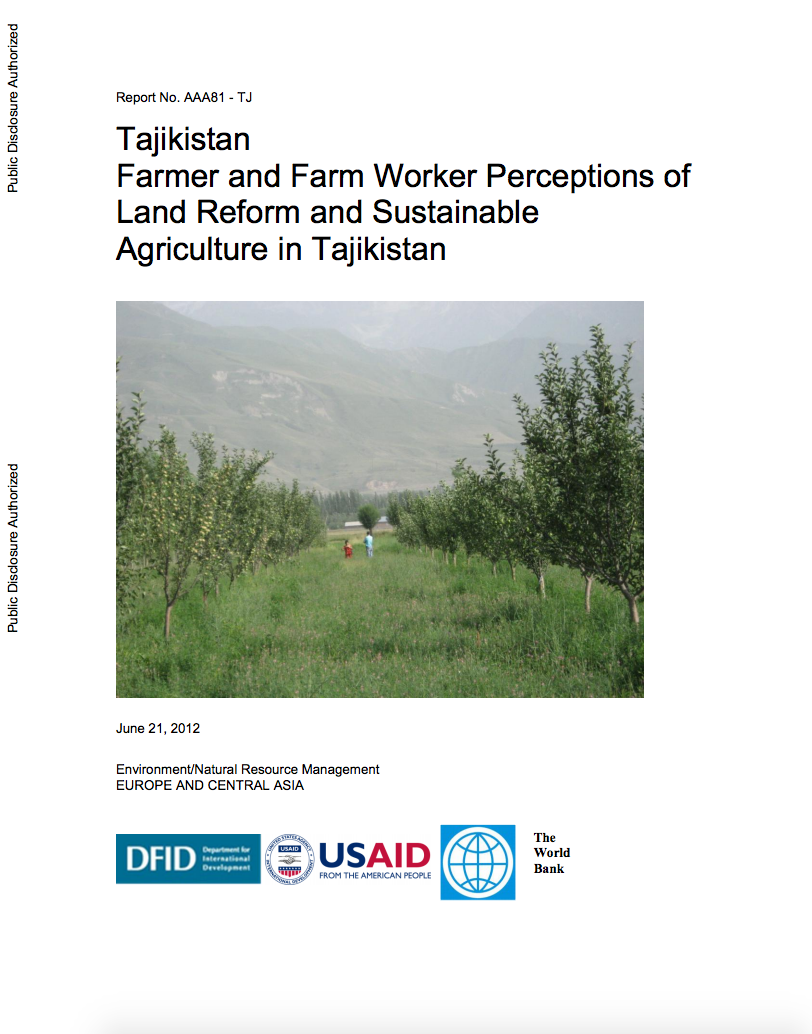Using National Statistics to Increase Transparency of Large Land Acquisition
The 2007/08 commodity price boom
triggered a ‘rush’ for land in developing countries. Yet,
many affected countries lacked the regulatory infrastructure
to cope with such demand and reliable data on investors’
performance. This study uses the example of Ethiopia to show
how simple improvements in administrative data collection
can help to address this by (i) allowing assessment of the
productivity of land use and taking measures to increase it;



